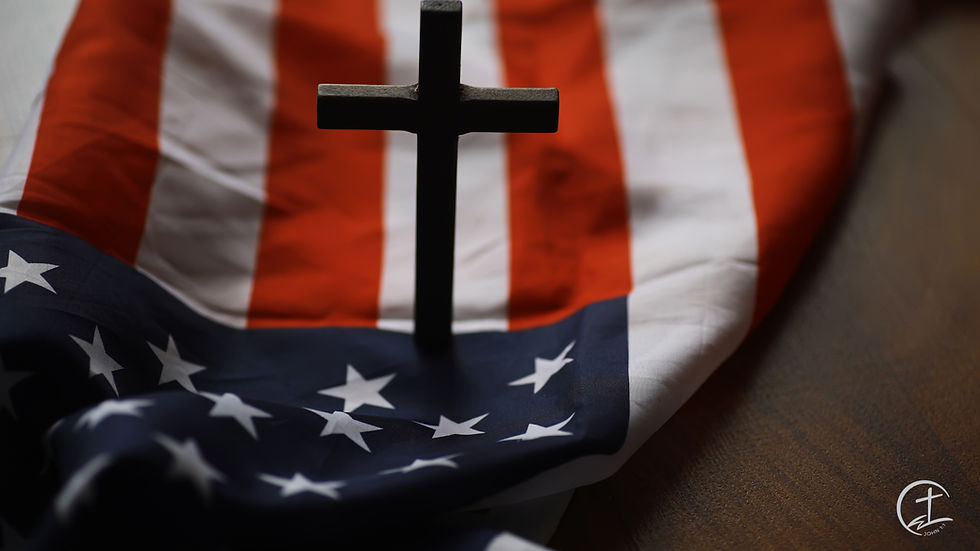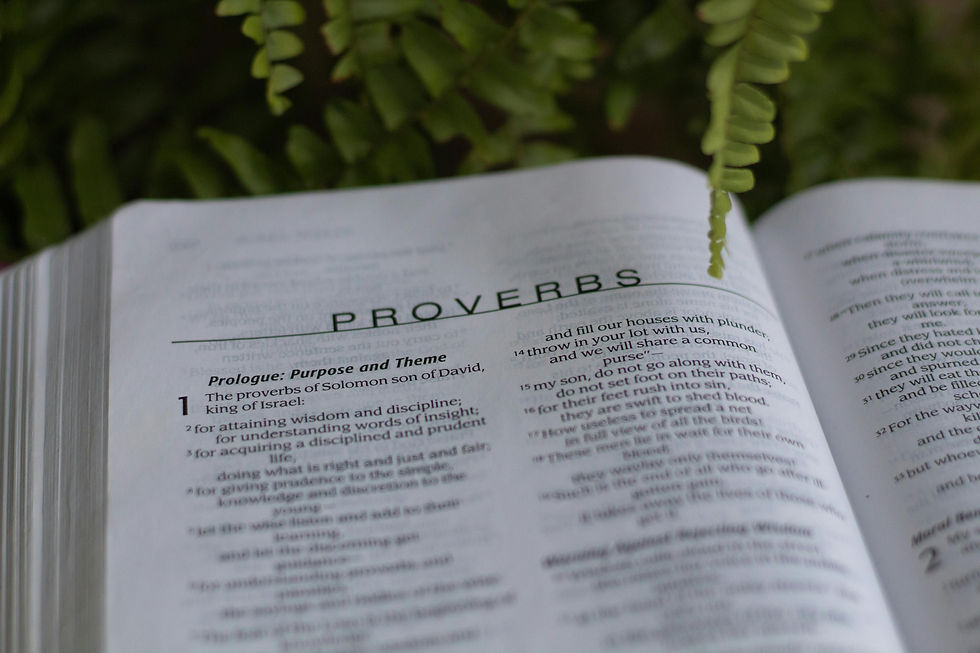John Calvin
- Mark Marley

- Nov 15, 2024
- 3 min read
Considered the greatest theologian and systematizer of the Reformation, John Calvin
remained a force to be reckoned with throughout his ministry and echoing to the present day.

John Calvin
Born in Noyon, France, in 1509, Calvin would find his travels taking him to many places,
eventually ending in Geneva, Switzerland. His scholastic ability was recognized at an early age,
and benefactors ensured his education at destinations such as the Universities of Paris. He
studied at Paris, Orleans, and Bourges. Like many of the intellectuals of the day, Calvin became
an admirer of the Dutch humanist Erasmus.
Initially, Calvin studied law and was able to sharpen skills in analytics, the Greek language, and rhetoric through his training. All subjects that would extensively prepare him for his future work. His studies were to be interrupted by his conversion. He noted that he was
deeply committed to his study of the law, but God, by the “secret guidance of His providence, at length gave a different direction to my course." Calvin considered himself much like the
unsuspecting Saul of Tarsus on the Damascus Road, solely converted by sovereign grace. “The
young Frenchman’s intellect was enlightened by the Holy Spirit. Immediately, he lost much of
his interest in the study of law and became consumed with the spiritual truths of God’s Word.”
Calvin would continue the work that Zwingli and Luther had begun. Luther advocated
Calvin’s early work, stating, “His books I have perused with singular pleasure.” Indeed, Calvin would carry the mantle of the Reformation deep into the movement. His teaching and theology would be foundational to Christian Protestantism and would shape Church understanding for centuries.
Calvin’s theology was developed from his vast landmark, Institutes of the Christian
Religion, which followers would cite as they developed a logical construct that bore his name. The so-called Doctrines of Grace are seated firmly in the all-encompassing sovereignty of God to which all the faithful cling. They begin by describing the universal and radical depravity of man inherited from Adam through the Fall. It refers “to the effect of sin and corruption on the whole person. To be totally depraved is to suffer from the corruption that pervades the whole person...no vestigial ‘island of righteousness’ escapes the influence of the Fall. Sin reaches into every aspect of our lives, finding no shelter of isolated virtue.”
The logical progression of this key tenet is the necessary and unconditional election of
God, also known as God’s sovereign choice, followed by the Limited Atonement of Christ,
which is also referred to as particular redemption or purposeful atonement. For faith to
transpire, there must be grace initiated by the Holy Spirit known as Irresistible Grace or the
Spirit’s effectual call. With these sovereign doctrines in place, one may conclude that the elect individual will persevere or be preserved until Christ’s return.
Much like Zwingli, Calvin was an expositor who preached through entire Bible books,
taking breaks for certain Church holidays such as Christmas, Easter, and Pentecost. He was a
man of determined energy and focus. His Old and New Testament preaching was extensive as he preached from or through almost every book in his storied career. Anthony N.S. Lane relates an example of the extensive curriculum covered, including Deuteronomy (1562), Job (1563), Daniel 5-12 (1565), the Synoptic Gospels (1562), 1 Corinthians 10-11 (1558), Galatians (1563), Ephesians (1562), the Pastoral Epistles (1561), as well as a few Psalms 115, 124 (1546) and 119 (1554). There were also thematic extracts from the Genesis and Isaiah sermons: on Melchizedek and Abraham (1560), on Jacob and Esau (1560), and on Hezekiah’s canticle (1562).”
Calvin’s OT sermons were distinctively covenantal as he saw there only being one people
of God in both Testaments. In the Institutes he related, “The covenant made with all the
patriarchs is so much like ours in substance and reality that the two are one and the same”.
For example, in his message on the New Covenant on Jeremiah 31, he saw the covenants as
continuous and containing essentially the same substance. By substance, he understood the
uninterrupted doctrine of the Gospel that brings forward what the previous covenants
maintained.





Comments